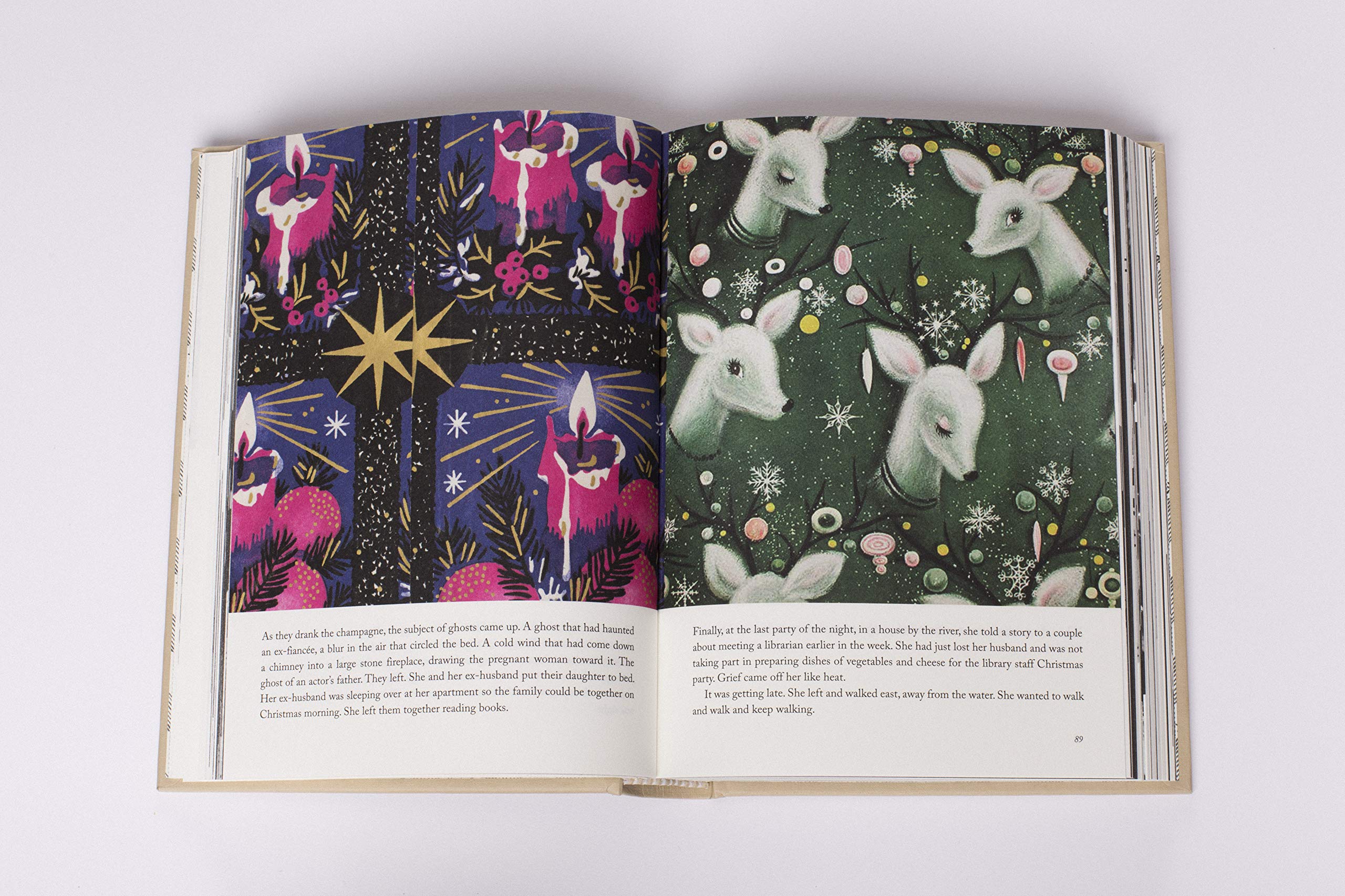Drawings, paintings, photographs, found objects, and text: Leanne Shapton’s work crosses boundaries. So what brings it all together? This: she is a poet of absence. Her best stuff often seems to speak of people who are no longer present, and the empty chairs she places on the stage are perfect spaces to allow the reader in. This is why, although I doubt anybody would call Shapton a game designer, her work always feels gamelike to me.
You can see this with something like Important Artifacts and Personal Property from the Collection of Lenore Doolan and Harold Morris, Including Books, Street Fashion and Jewelry, which tells the story of a couple’s relationship by means of an auction catalogue for all of their stuff. It’s beautifully done: pages of chronological listings, from the flyer for the Halloween party at which they meet to a rather sad selection of old champagne corks – special moments no longer treasured.
It would be so easy for this book to be a conceit, a gimmick. But instead it is forensic yet, somehow, deeply tender. There is a role for the reader here in the absence of the main players – in fact, the role can be whatever you choose when making sense of things. I spent a lot of the book looking through the catalogue – swimwear, postcards, old paperbacks with notes in – and wondering if this is where the problems started, where these two unseen protagonists started to pull apart. It’s a testament to how good Shapton is at selecting this stuff that the photographs of the couple themselves are the least convincing aspect of the whole project for me. They look like actors rather than the people who truly owned these objects and filled them with painful human meaning.
You can see this gamelike element in Was She Pretty?, too, which is a series of drawings and written snapshots revolving around people’s exes, each one clearly viewed from the perspective of the present lover. “Estefania’s ex-boyfriend suggested she wear darker jeans.” “Lionel’s ex-girlfriend Edie enjoyed Brahms. But she preferred money.”
My favourite entry in this book is about a vase: “There was a vase in the dining room that didn’t quite seem to Stuart’s taste. Eugenie couldn’t throw it away, so she hid it in a cabinet.” The purposeful awkwardness of that first sentence with its tortured indirectness! Nobody is truly present here in these words, but you are tacitly encouraged to triangulate the bits of information that you have, to work out for the most part how the present lover feels about the former lover. We have all done this in real life, I suspect, which is another reason why it’s such an easy role to slip into. That stupid, ugly vase!
